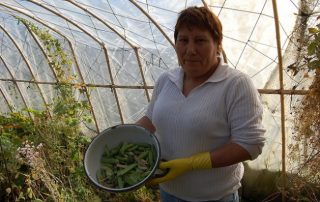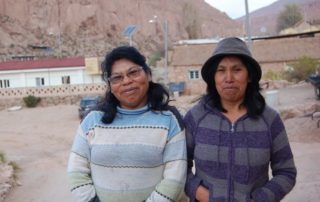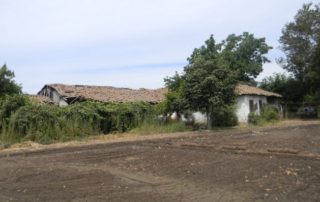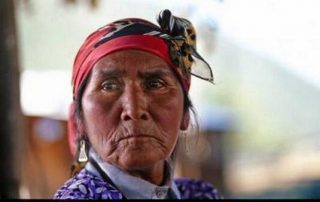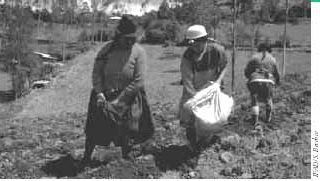Land Tenure Still A Challenge For Women In Latin America
Despite producing over half of Latin America’s food, women struggle to secure land titles, and make up an extremely low percentage of landowners. Rural women such as Blanca Molina, who farms organic peas in Southern Chile, are often vulnerable after failing efforts to improve the land tenure situation for women in her country. Alicia Muñoz directs the Chilean National Association of Rural and Indigenous Women (Anamuri) to fight for land reform. Photo credit: Marianela Jarroud/IPS


